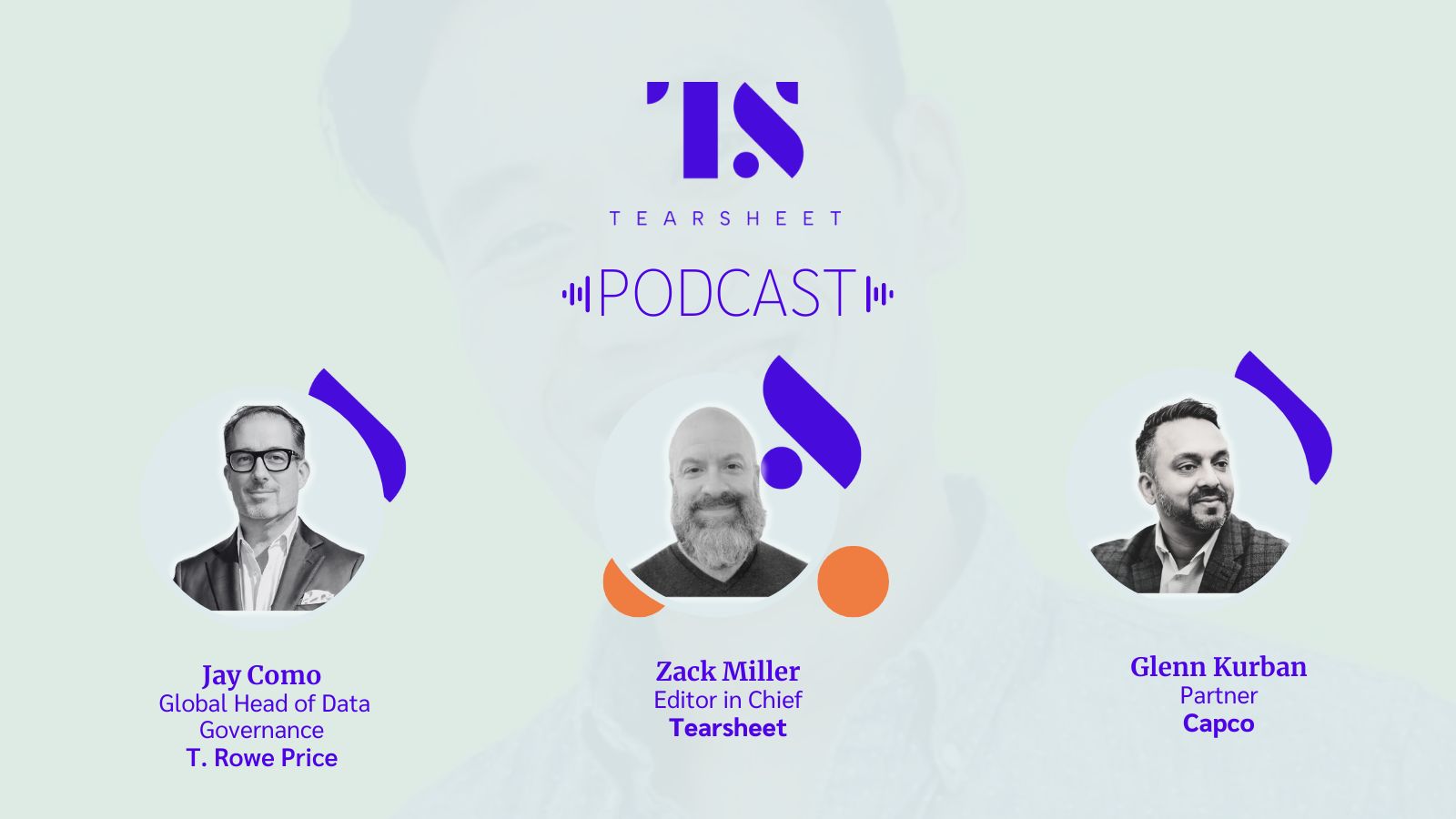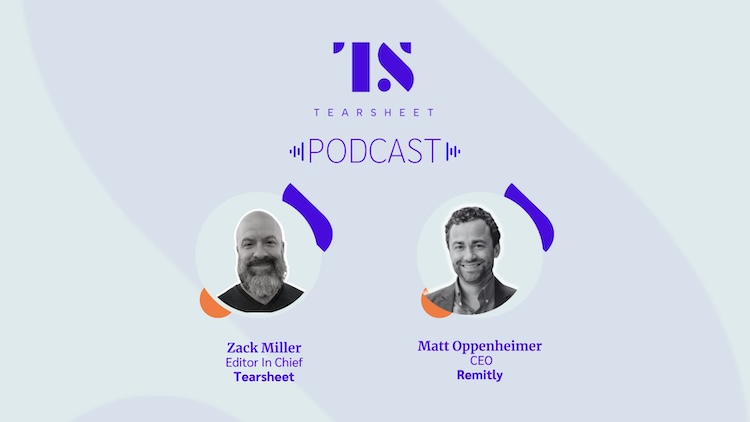As blockchain technology seeps slowly into the traditional financial services ecosystem, it is offering new opportunities through tokenization and decentralized finance (DeFi). Today’s episode of the Tearsheet podcast hosts Paul Brody, EY’s Global Blockchain Leader who shares his expertise on these developments. Paul is focusing on the promise of public blockchain and the challenges surrounding privacy. He is also the Chairman of the Enterprise Ethereum Alliance. Brody’s unique roles provide a distinctive perspective on blockchain adoption in enterprises.
Reflecting on his decade at EY, Brody explains, “One of the things I’m most proud of is how little our strategy has evolved. We’ve consistently believed in the value proposition of public blockchains.” EY’s blockchain initiatives center around asset tokenization. It focuses on privacy-focused solutions and enabling enterprises to scale blockchain use effectively.
Addressing misconceptions, Brody highlights a critical distinction. He says, “A lot of people don’t realize private blockchains have no privacy. They’re centralized systems without the benefits of a decentralized ledger.” This belief underpins EY’s commitment to public blockchains, which he argues are the only viable path for enterprises.
Understanding Tokenization and Its Role in Financial Services
As the conversion of real-world assets into digital tokens. It is emerging as a key enabler in financial services. According to Brody, “At a global level, I believe all B2B transactions are suitable for blockchains.” Tokenization allows enterprises to tokenize assets such as real estate, and bonds. It enables seamless transactions through smart contracts.
Brody identifies privacy as a major hurdle to enterprise adoption. “Enterprises need privacy technology to protect sensitive business information. This is essential for them to use public chains,” he explains. EY is investing heavily in privacy-enhancing technologies. It ensures transactions remain verifiable while safeguarding proprietary data.
The Debate: Public Blockchain vs. Private Blockchain
When discussing blockchain adoption, Brody stresses the limitations of private blockchains. He says, “Private blockchains defeat the purpose of decentralization.” He notes that private systems often lack transparency and security. These are the defining advantages of blockchain technology. Public blockchains, combined with privacy layers, offer essential infrastructure for enterprises. This enables blockchain adoption at scale. “Privacy infrastructure on a public chain allows enterprises to securely share data with partners. It retains control over what remains private while doing so,” he adds.
How Decentralized Finance and Stablecoins Are Shaping the Industry
Decentralized finance is another area undergoing significant evolution. Brody observes that lower interest rates could reignite innovation. It will make tools like yield-bearing stablecoins and staking protocols more attractive. “When interest rates drop, the extra yield offered by DeFi tools becomes much more appealing,” he notes.
Stablecoins, especially those pegged to fiat currencies, are a cornerstone of this ecosystem. Brody envisions enterprises seamlessly integrating stablecoins into their operations. He also foresees the use of other digital assets becoming routine. This will enhance efficiency and reduce costs.
Looking Ahead: Blockchain in Financial Services
Brody discussed how regulatory clarity could speed up blockchain adoption. This would be particularly beneficial for large financial institutions. He predicts, “The floodgates will open once clear rules are established.” Some banks have started exploring blockchain-based solutions. But, widespread adoption depends on a clear regulatory framework.
For enterprises considering blockchain, Brody emphasizes starting with customer needs. “The nightmare for banks is when their most valuable customers open accounts at crypto exchanges. This leads them to leave the bank’s ecosystem,” he warns.
The Big Ideas
1. Tokenization is transforming B2B transactions. “Every transaction comes down to tokenizing money, tokenizing the stuff. And automating the terms via smart contracts,” says Brody.
2. Public blockchains offer a compelling value proposition. “Private blockchains have no privacy,” Brody explains. He emphasizes the importance of decentralized, public systems for scalability and security.
3. Privacy is essential for enterprise adoption. Brody highlights the need for privacy layers. He states, “Enterprises require privacy to share sensitive information securely on public blockchains.”
4. DeFi innovation is influenced by market conditions. Brody observes, “Lower interest rates make decentralized finance tools much more appealing. They do so by doubling potential returns compared to traditional options.”
5. Regulatory clarity will drive enterprise adoption. “The true race begins once the rules are clear. Until then, enterprises will hesitate to commit fully to blockchain-based solutions,” Brody asserts.
Listen to the full episode
Subscribe: Apple Podcasts I SoundCloud I Spotify


















